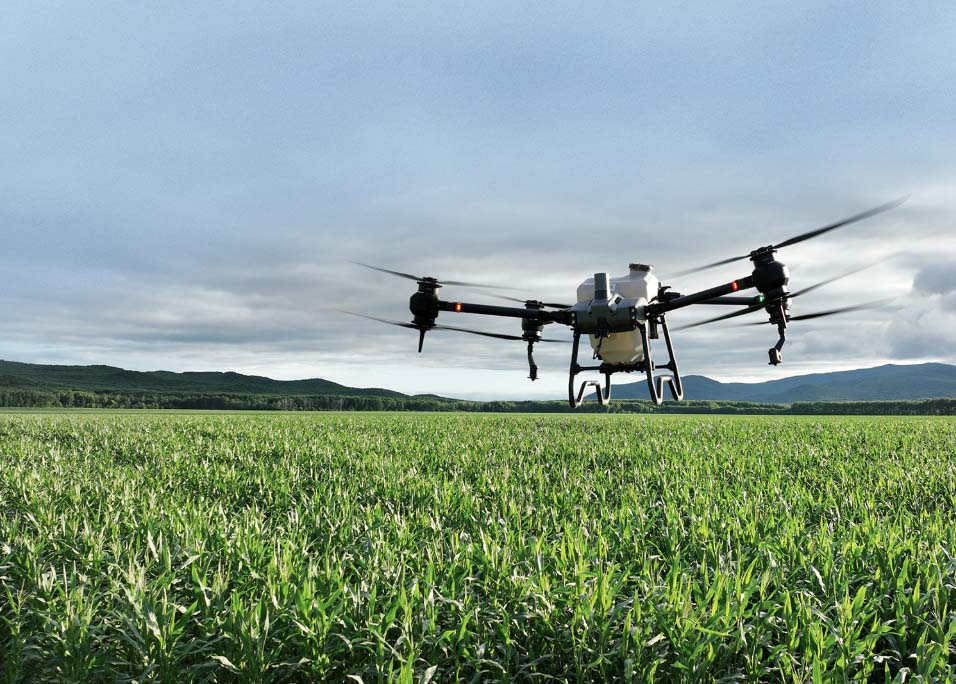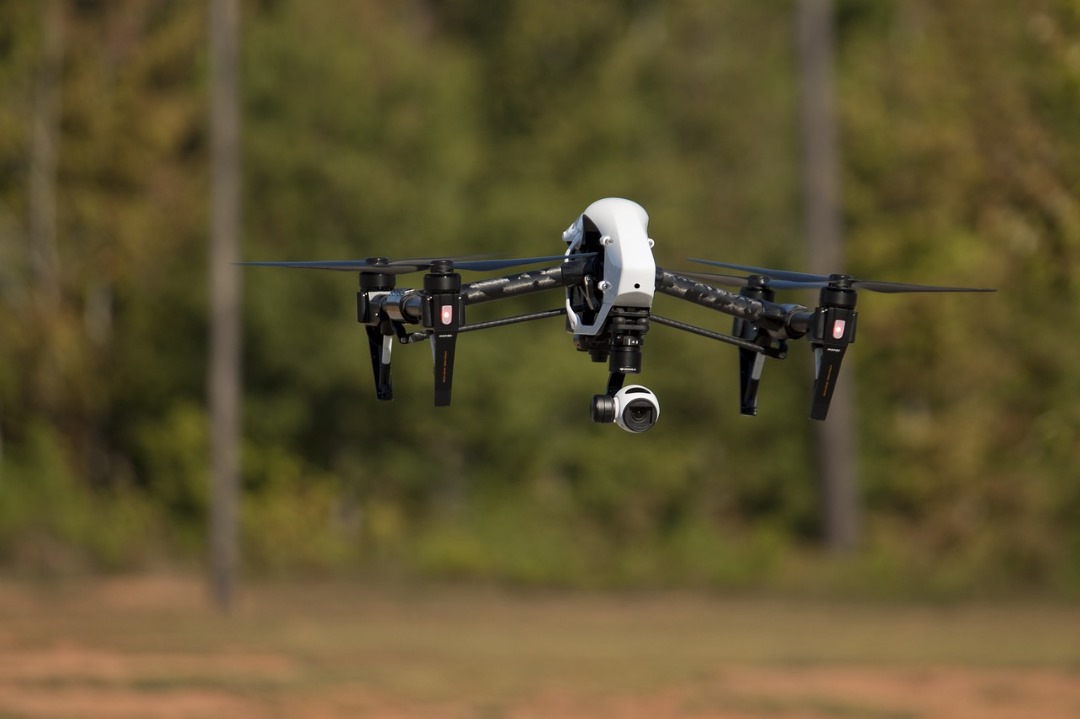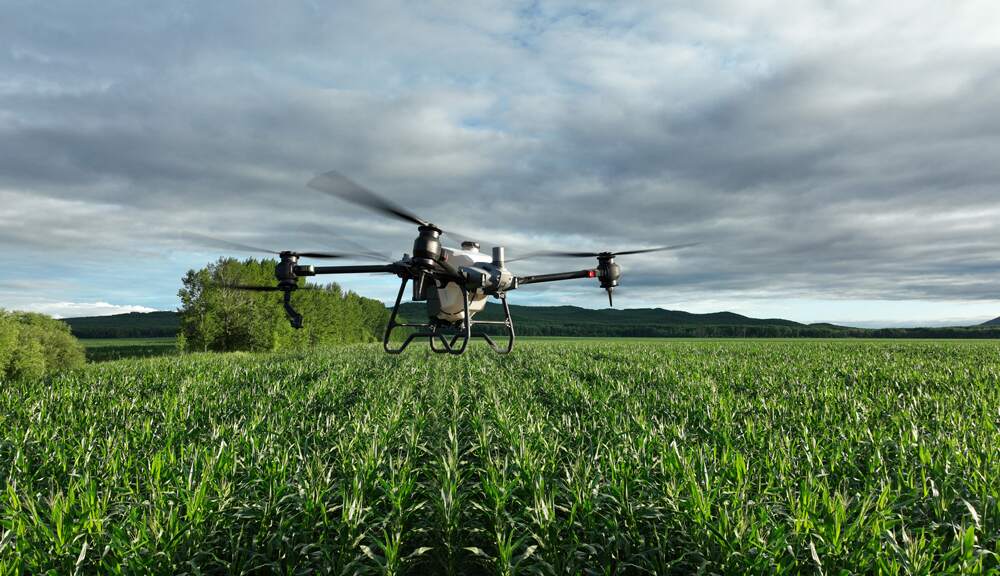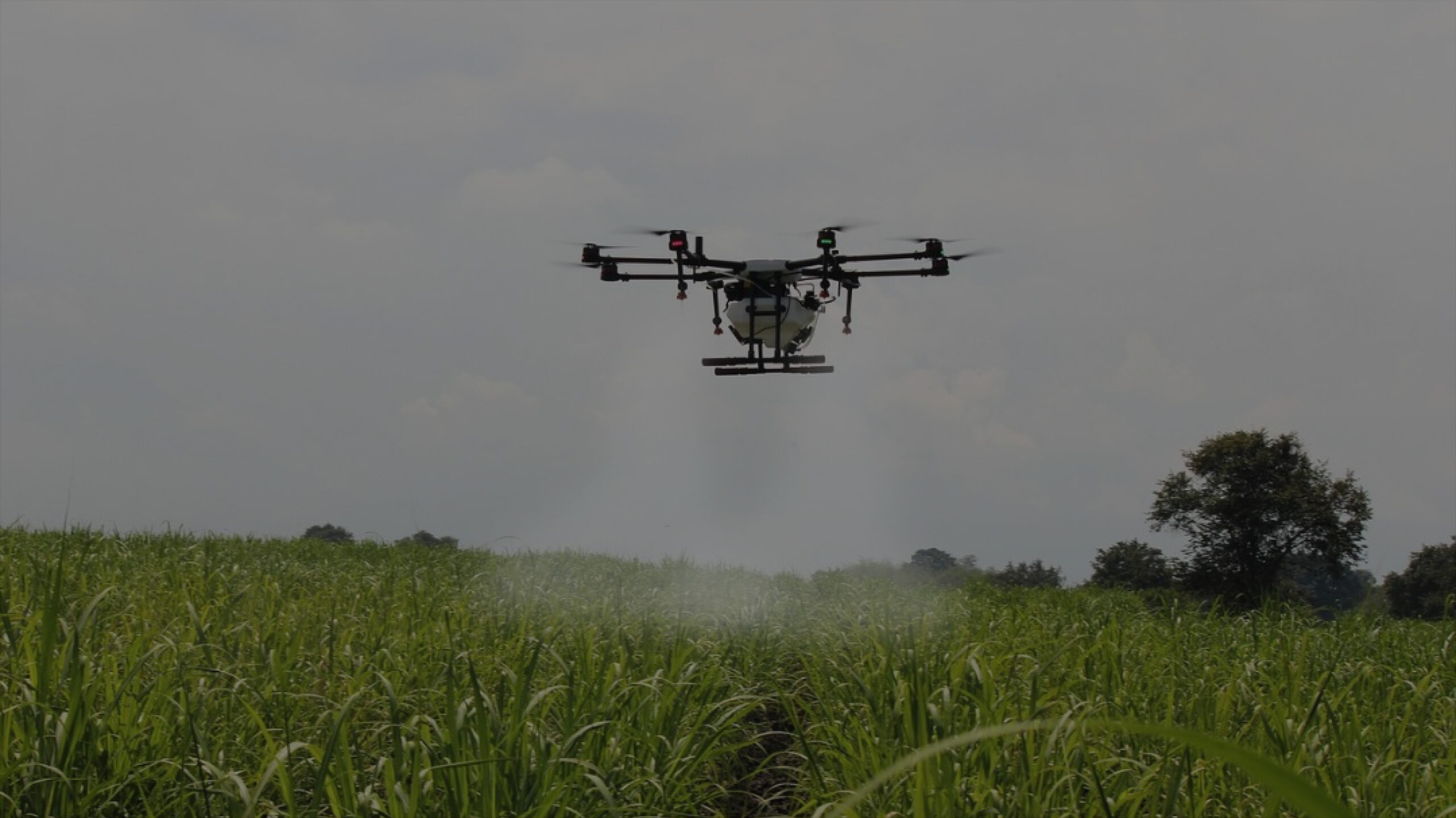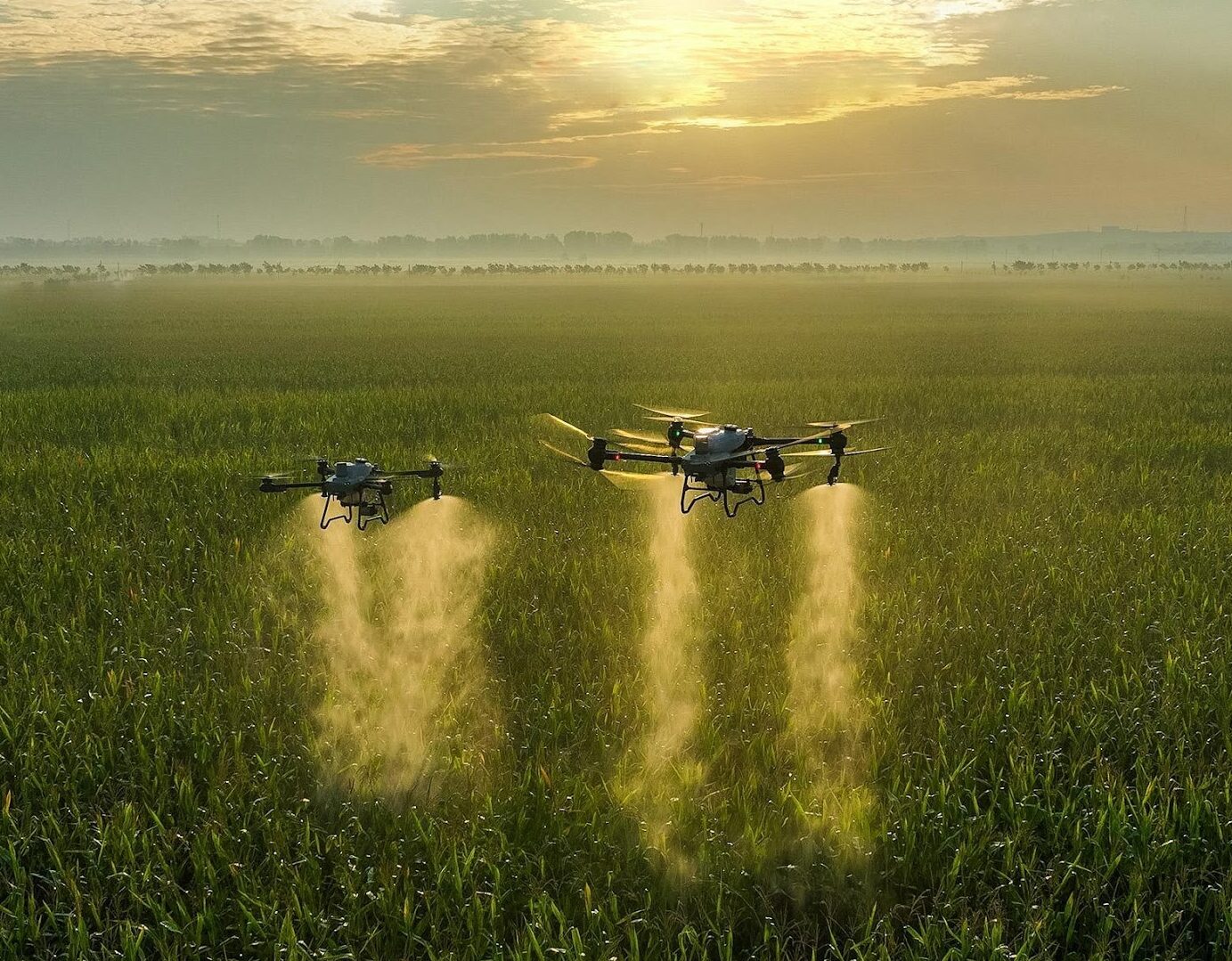
Smarter Farming, Healthier Planet
Agriculture sustains millions of Tanzanians, but traditional spraying methods often come with hidden costs-chemical drift, polluted waterways, and degraded soils. As farms expand to meet rising food demand, the need for sustainable solutions has never been greater.
Drone spraying is changing that story. By combining precision technology with sustainable practices, drones help farmers protect their crops while safeguarding the environment.
Precision Spraying: Less Input, More Impact
Unlike tractors or handheld sprayers, drones apply inputs with centimeter accuracy. This means:
- Reduced chemical use – savings of up to 30% compared to traditional spraying methods.
- Lower drift – GPS-guided flight paths and fine droplet control keep chemicals exactly where they are needed.
Consistent coverage – drones reach tough terrain (hillsides, wetlands, or dense plantations) without damaging soil or crops.
For Tanzanian farmers, this isn’t just eco-friendly – it’s cost-effective.
Protecting Tanzania’s Water & Soil
Chemical runoff is a major challenge in agriculture, often contaminating rivers and groundwater. Drones help tackle this by:
- Preventing overspray, reducing chemical load in the soil.
- Safeguarding water sources, vital for communities, livestock, and wildlife.
- Preserving soil health, ensuring future harvests remain strong.
In a country where water scarcity and soil fertility are critical issues, drone spraying supports long-term resilience.
Safer for People & Pollinators
Traditional spraying exposes workers to harmful chemicals. With drones, operators stay at a safe distance while machines do the work. This reduces health risks and protects rural communities.
Drones also minimize harm to bees, butterflies, and pollinators by allowing for targeted application rather than blanket spraying. Pollinator protection is crucial for Tanzania’s food security – nearly 75% of food crops worldwide depend on pollination.
A Key Tool for Sustainable Agriculture
Sustainable agriculture in Tanzania means feeding more people while protecting natural ecosystems. Drone spraying directly supports this by helping farmers:
- Cut carbon footprint (fewer tractor passes, less fuel use).
- Reduce chemical dependency without lowering yields.
- Adopt climate-smart practices that strengthen food security.
Specialist Drone Services, a TCAA-authorized operator based in Dar es Salaam, has already supported tea estates, sisal plantations, and irrigation schemes across the country-proving that drones deliver both productivity and sustainability.
Growing More with Less
Drone spraying is more than a farming upgrade – it’s a pathway to protecting Tanzania’s land, water, and people while ensuring food security for the future.
Related Posts
How Drones Help Farmers Adapt to Climate Change in East Africa
In East Africa, drones are becoming vital tools for climate change adaptation, from water management…
Drones for Food Security: Feeding Africa with Smarter Farming
Drones for Food Security in Tanzania | Precision Agriculture Meta description: How drones in Tanzania…
How Drones Are Revolutionizing Smart Farming
. Drones are revolutionizing smart farming by providing invaluable insights from above. Equipped with advanced…

